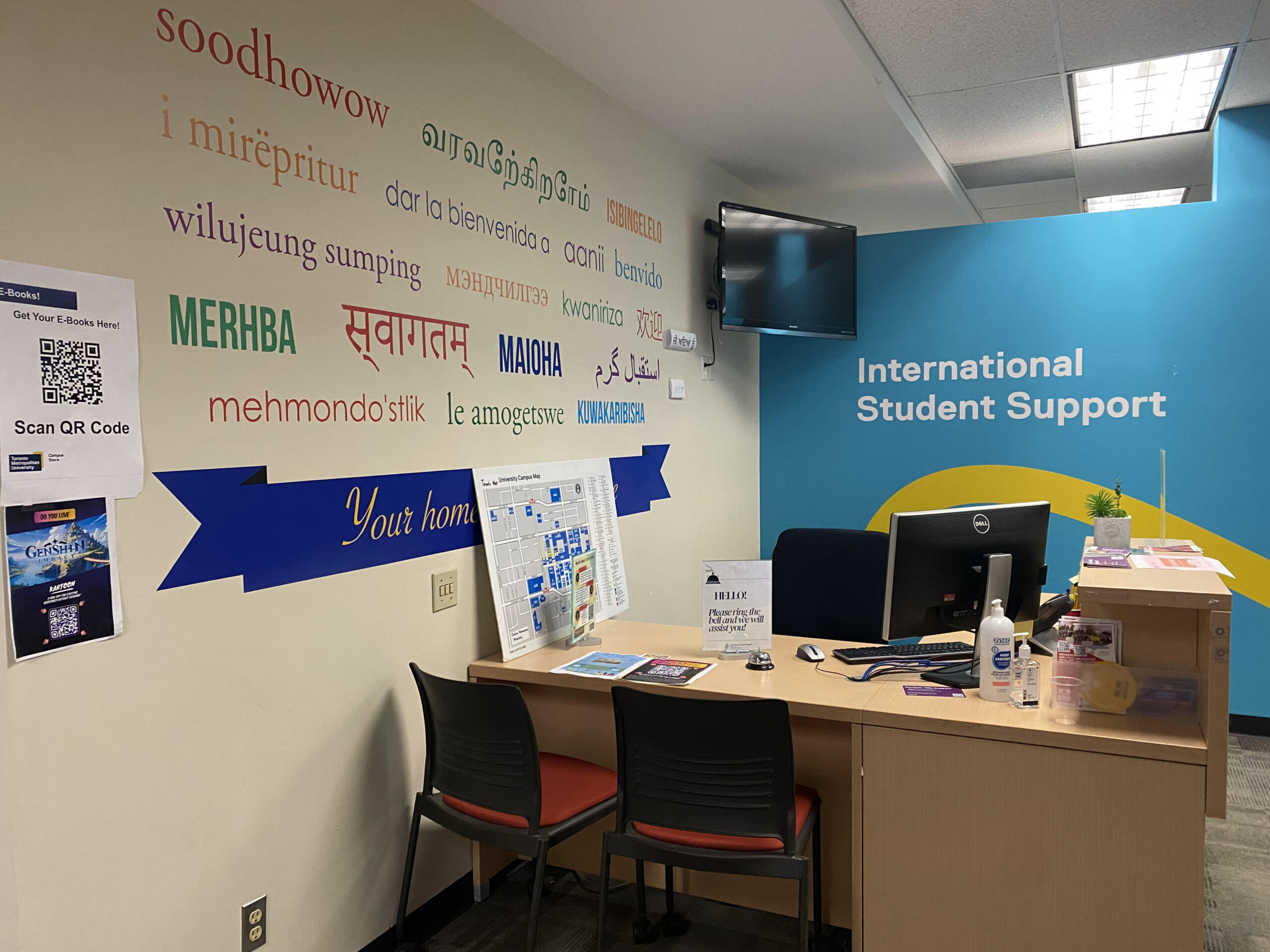
New visa and work restrictions affecting international students in Canada and the recent Dependent Law in the United Kingdom have international students in both countries fearing for their futures.
Earlier this year, Marc Miller, Canada’s minister of immigration, refugees and citizenship, announced a two-year cap on international students coming into the country. Miller billed the restrictions as an attempt to balance Canada’s economic situation and address the challenges faced by students who arrive in Canada.
Under the new rules, Ontario post-secondary institutions will accept 141,000 international students this year, down from last year’s 239,753. The new policy also tightens the work permit eligibility for international students’ spouses making it harder for them to qualify to work in Canada.
The U.K.’s new Dependent Law, implemented on Jan. 1 means most international students can no longer bring dependents with them on their student visa.
“These policies create uncertainty among us students. So definitely all this is concerning especially when we international students are already in a place where governments are providing little to no support,” Nicole Asiimwe, a Ugandan student studying international development and African Studies at York University, said in a Zoom interview.
British international students say that they are also concerned about the challenges coming their way due to new regulations.
“We dream of going abroad for better life opportunities and to introduce our families to the place where we wish to nurture our future,” Sony Stewert, an Indian student studying nursing at Nottingham Trent University, said in a phone interview.
“Although such policies are intended to address various socio-political concerns, it has inadvertently disrupted the once easy path to build a life here,” she added.
While the new Canadian policies will apply mostly to incoming students, the abrupt change in rules is nonetheless a source of anxiety for those who are currently enrolled.
“The policy is super concerning. It can change anytime which means that it can affect us as well who are currently enrolled in these institutions,” said Sarah Ahmed, a German student studying philosophy at Toronto Metropolitan University, in a Zoom interview.
She said that the uncertainty for international students never goes away. They must always be ready and expect the unexpected because it’s “not easy to trust neither the government nor their policies.”
The Canadian government insists the new policies will make things better for international students.
“Canada values the significant social, cultural and economic benefits that international students bring to Canada,” Jeffrey MacDonald, Immigration, Refugees and Citizenship Canada’s communication advisor, said in an email statement.
“For those benefits to continue and to ensure international students who arrive in Canada are set up for success, we must tackle issues that have made some students vulnerable and have challenged the integrity of the International Student Program,” said MacDonald.
International students, however, say the government is targeting them.
“When I first heard about the policy my first thought was that we are being used as scapegoats by the government to tackle the country’s issues,” said Asiimwe.
“They said they have to fix the housing issue but instead of directly addressing the problem they’re using international students. I guess it’s because we’re the easiest target,” said Asiimwe.
The U.K. government said its new policy was introduced to reduce migration and curb the number of people it says are taking advantage of the immigration system.
The policy also includes a minimum salary requirement of £30,000 per year for non-EU citizens.
“Some of the policies here are very concerning. For example, if we need a work visa sponsored by the hiring firm, our salary must be at least £30,000,” said Advaith Kumar, an Indian student doing a master’s at the University of London, in a phone interview.
“Now, with the new dependents policy, this all feels very belittling,” said Kumar.
This story was a collaboration between students at The Creative School at Toronto Metropolitan University and Nottingham Trent University in Nottingham, England.
